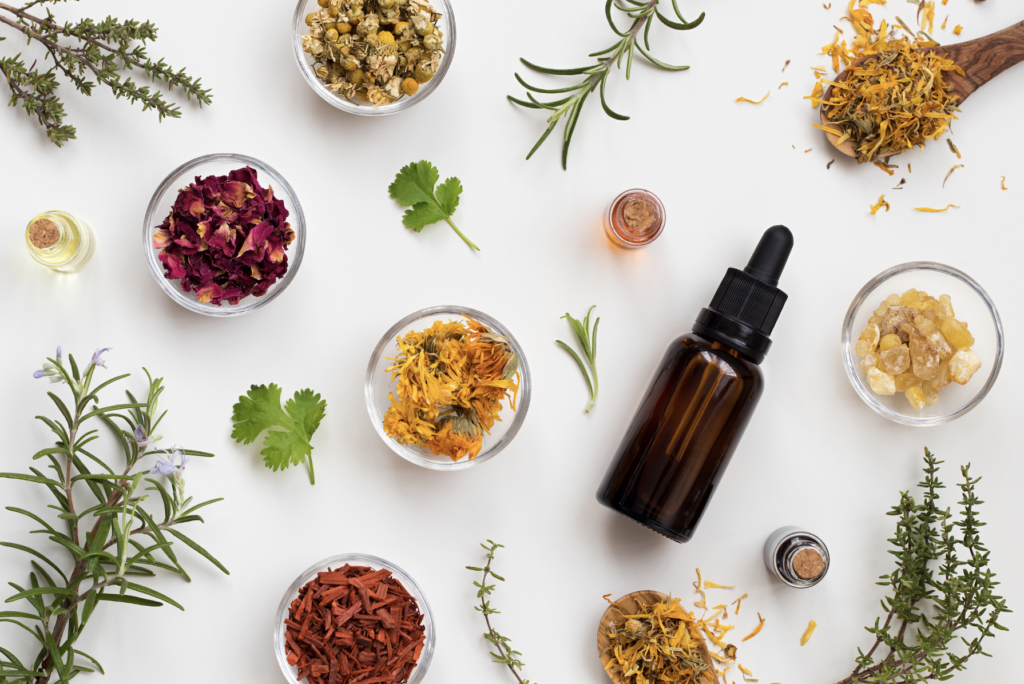Unlock The Benefits: Reishi Mushroom Provides the Potential for Greater Health!
The benefits reishi mushroom have to offer are vast and extensive and extend beyond its immune-boosting properties. These incredible medicinal mushrooms have been used in








